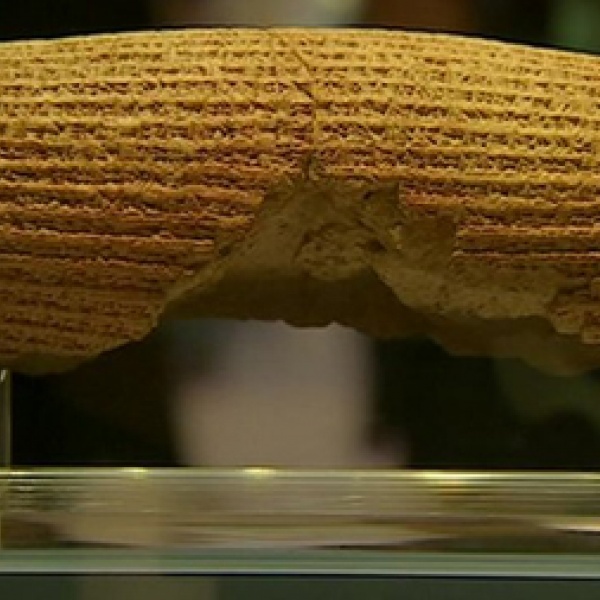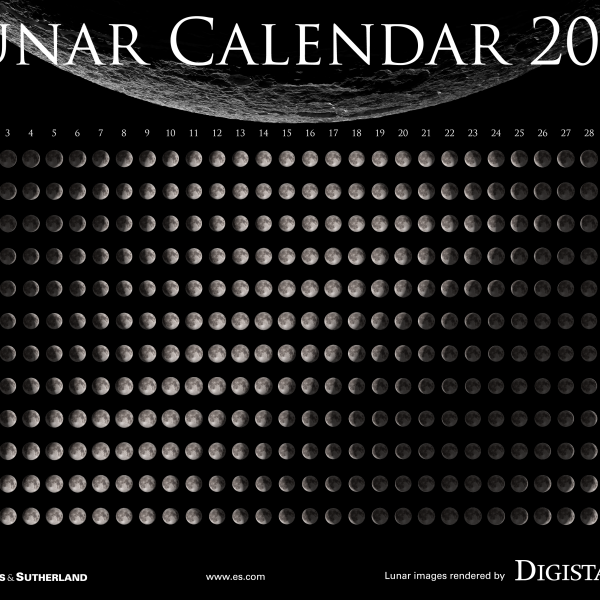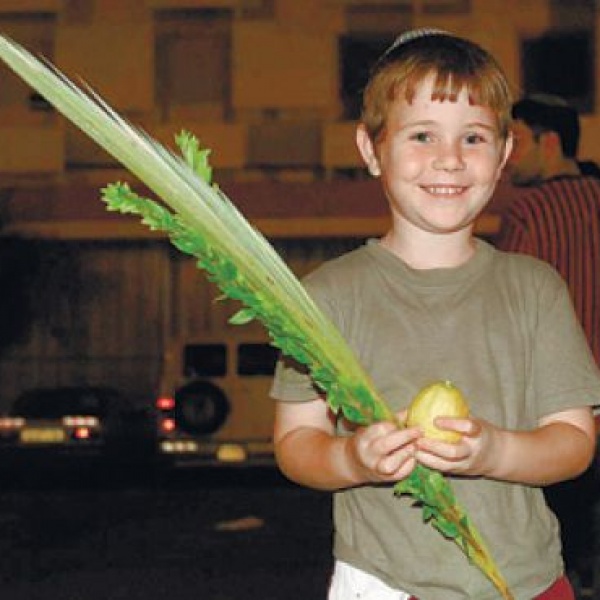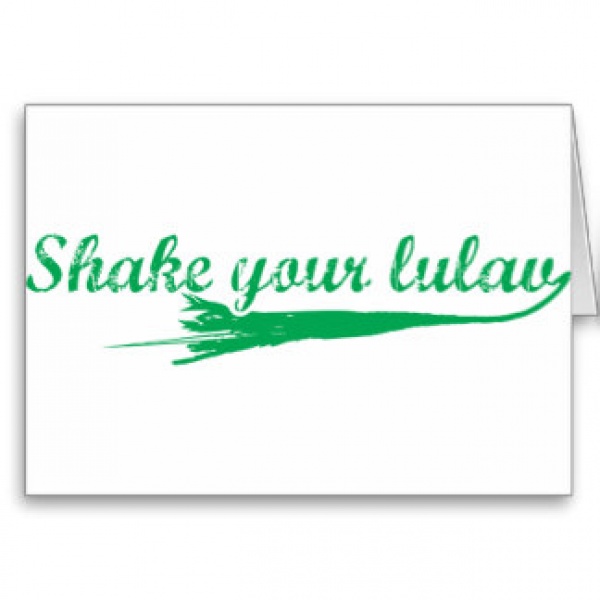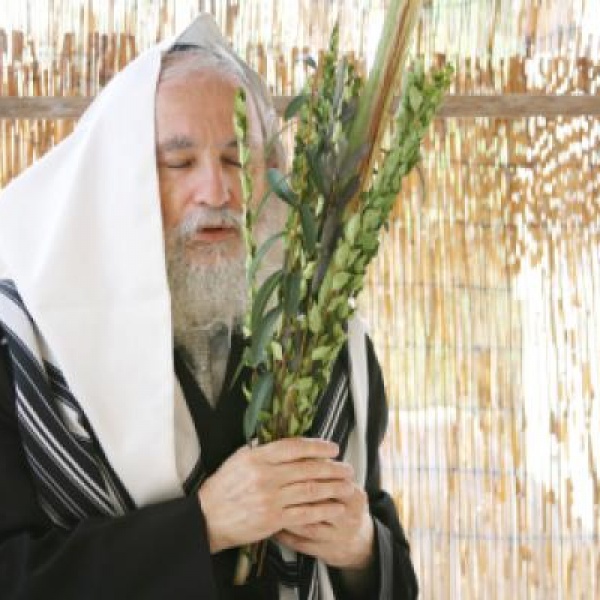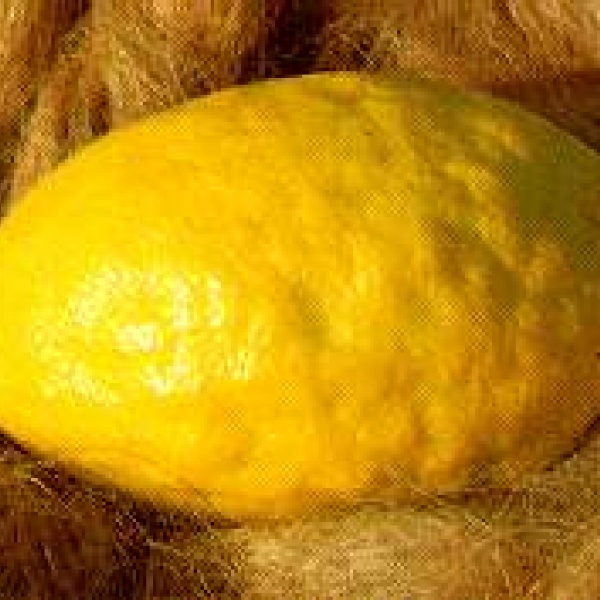The defeat of Babylonians by Cyrus the Great in 539 BCE led to a (temporary) golden age of Jewish life under Persian rule. Cyrus allowed the Jewish…
Rosh Hashanah conjures up images of prayer, repentance, and new beginnings. It is the time of year when we are more focused on spiritual matters and…
"Arba Rosh Hashana hem, there are four New Years; on the first of Nissan is the New Year for kings and festivals" (Rosh Hashanah 2a).…
In Talmudic times, animals were generally slaughtered only when there was a known buyer ready to eat from the animal before him. Lacking methods of…
Shabbat and Yom Tov are gifts to the Jewish people, and the Jewish people only. As such, we are permitted to benefit from work by a non-Jew on these…
There is arguably no greater figure in Talmudic literature than that of Hillel the Elder. He combined the Torah leadership of Moshe Rabbeinu[1] with…
Often, when studying Gemara, we fail to appreciate how different day-to-day life was for our ancestors. Yeshiva study tends to focus on conceptual…
All of us are sinners. To be human means that we make mistakes, both inadvertent and intentional. Our tradition shows great respect for those who…
We live in an age of specialization. Whether it is business, medicine, sports, Torah, or technology, we train people to be expert in one…
Our Sages defined a chacham as one who is roeh et hanolad, who foresees the results of his actions. We live in a world which is focused on the here…
It is doubtful the Jewish life would exist as we know it if not for the leadership of Rav Yochanan ben Zackai. Seeing the terrible infighting that…
I have a confession to make. I really like Yom Tov and look forward to having an extra day to celebrate. I know that is not the way the…
The very first teaching in all of rabbinic literature[1] is the saying of the Men of the Great Assembly that those who render decisions on matters of…
The Rambam, in discussing the prohibition of ba’al toseef (Devarim 4:2), the prohibition of adding to the Torah rules, said that one violates…
“An egg that was laid on Yom Tov: Beit Shammai says it may be eaten, and Beit Hillel says it may not be eaten”. For six pages, the Gemara…
As we have studied Masechet Sukkah together, we have stressed two themes: that of simcha, joy; and that of the unity of the Jewish people. Of course…
“Whoever did not see the celebration of the drawing of the water (simchat beit hashoeva) has never witnessed joy in their life” (Sukkah…
In a recent post, we discussed the opposition to the mitzvah of placing the arava on the altar. An even greater dispute arose vis a vis the mitzva of…
“Rav Yehuda said in the name of Shmuel: lulav, seven; and sukkah, one” (Sukkah 45b). So begins a discussion as to how often we are to…
The arava, the willow branch, has a dual function on Sukkot. It is the last of four species that make up the mitzvah of “lulav”. Without…
Despite the explicit command to take the lulav on the first day of Sukkot--and to blow the shofar on the first of…
"A child who knows how to shake [the lulav] is obligated to take the lulav" (Sukkah 42a). As we noted in our first "daily daf" on…
We tend to view the mitzvoth of sitting in the sukkah and the arba minim (henceforth referred to as the "lulav") as distinct…
The Rambam in his introduction to the Mishna divides the Oral Law into various categories. He begins with what he terms peirushim hamekubalim…

